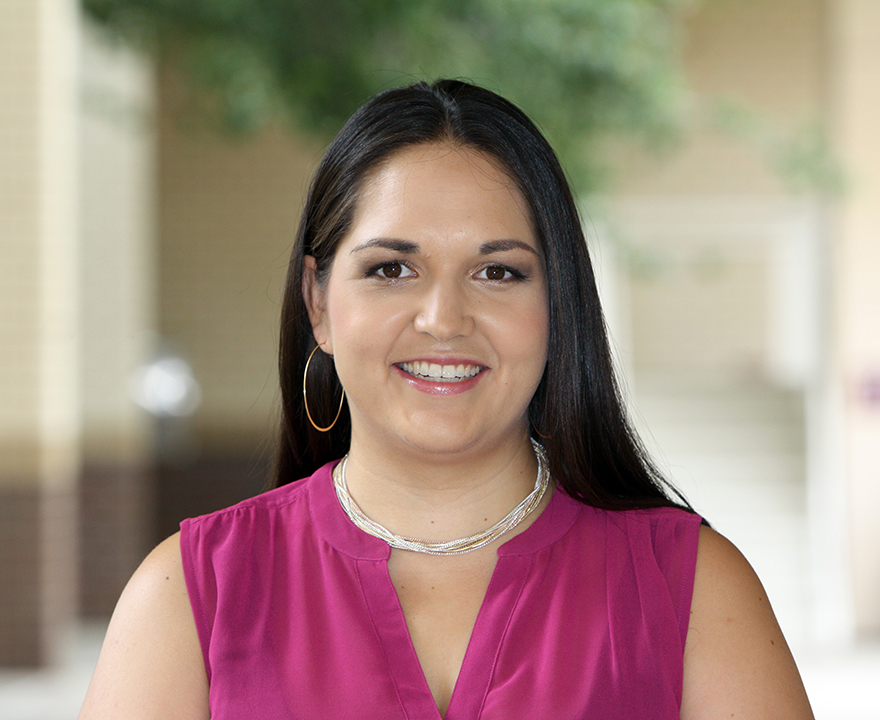UC researchers find racial disparities in state's AB 60 driver license program

UC researchers find racial disparities in state's AB 60 driver license program
- December 18, 2017
- Findings published online with Boom California
-----
 In January 2015, California became the tenth state to provide undocumented immigrants
access to driver licenses, with the passage of California Assembly Bill (AB) 60. Yet
a new UC study finds that its implementation has raised unique barriers that disproportionately
disadvantage some groups of undocumented Californians – specifically immigrants who
are not of Spanish-speaking, Mexican origin.
In January 2015, California became the tenth state to provide undocumented immigrants
access to driver licenses, with the passage of California Assembly Bill (AB) 60. Yet
a new UC study finds that its implementation has raised unique barriers that disproportionately
disadvantage some groups of undocumented Californians – specifically immigrants who
are not of Spanish-speaking, Mexican origin.
The study appears online with Boom California and it points to the effect of racialized illegality – how undocumented immigrants in the U.S. experience illegality differently based on race.
“Of the 11 million undocumented immigrants living in the United States, nearly a quarter are not from Latin America,” says Laura Enriquez, UCI Chicano/Latino studies professor and study co-author. “In particular, the Asian undocumented population has grown to 1.7 million individuals, more than tripling between 2000 and 2015, accounting for about 1 in 7 of the Asian immigrants in the United States today, and 16% of the total undocumented immigrants living in the U.S. ”
Yet undocumented immigration is still viewed primarily as a Latino issue. While this stigma has brought negative attention in terms of increased police attention, xenophobic interpersonal interactions, and hate crimes, it’s also resulted in more accessible resources for education, support structures and group mobilization efforts. And it’s left non-Spanish speaking undocumented immigrant populations at a disproportionate disadvantage in institutional settings, such as when applying for an AB 60 driver license.
“For the most part, this was the product of two factors: institutional capacity - the DMV was already equipped to work with Spanish-speaking clients, and strategic coordination,” says Enriquez. “Latina/o-serving organizations were poised and funded to raise awareness about the new law, and the Mexican Consulate worked closely with policy makers to ensure that the identification documents available to Mexican undocumented immigrants would be accepted. This was and is not the case with many other non Spanish-speaking countries.”
Enriquez worked with Daisy Vazquez Vera, UCLA Ph.D. student, and S. Karthick Ramakrishnan, UC Riverside political science professor, to conduct interviews with staff members at 32 immigrant-serving organizations in Los Angeles, Orange, San Bernardino, and San Diego counties. They also conducted formal observations of client experiences, staffing and application volume and demographics at 12 DMVs and two Driver License Processing Centers.
They discovered four main barriers for applicants successfully obtaining an AB 60 driver license:
- fear of revealing one’s immigration status;
- few acceptable identification documents when applying;
- language barriers; and
- limited advertising for testing accommodations.
The barriers impacted undocumented immigrants across the board, regardless of race, but disproportionately for non Spanish-speaking, non Mexican origin undocumented immigrants.
“If we look just at language, we found that barriers arise throughout the entire application process. First, applicants must acquire information about the AB 60 application process and make an appointment. However, the DMV’s website only provides AB 60 information in English and Spanish,” says Vazquez Vera who earned her undergraduate degree at UCI in 2017.
“Our observations at twelve DMV offices also found that most AB 60 resources were only available in English and Spanish. And, regardless of the racial demographics of the area, there was often a DMV employee available who spoke Spanish, but not necessarily other languages.”
She went on to explain that applicants must also study for their driver license knowledge test; but while the tests are available in thirty-one languages, study materials are only available in fourteen non-English languages. And assuming an applicant gets through these stages, the behind-the-wheel driving exam is only administered in English.
The researchers note that while other states look to California for leadership on immigrant integration, the Golden State has a unique opportunity and obligation to ensure that all share the benefits of policies such as immigrant driver’s licenses equally.
-Heather Ashbach, UCI School of Social Sciences
-----
Would you like to get more involved with the social sciences? Email us at communications@socsci.uci.edu to connect.
Share on:
Related News Items
- Careet RightUndocumented families fearing deportation lean on caregiver affidavits to make family preparedness plans
- Careet RightHow California schools can support students, families fearing ICE raids
- Careet RightLA teachers are on the frontlines as Ice raids terrorize their students: 'You are not alone'
- Careet RightStudents weigh safety, politics in college plans as Trump targets immigration
- Careet RightThe future of the US Department of Education: 8 tips for journalists covering the agency under Trump's second term


